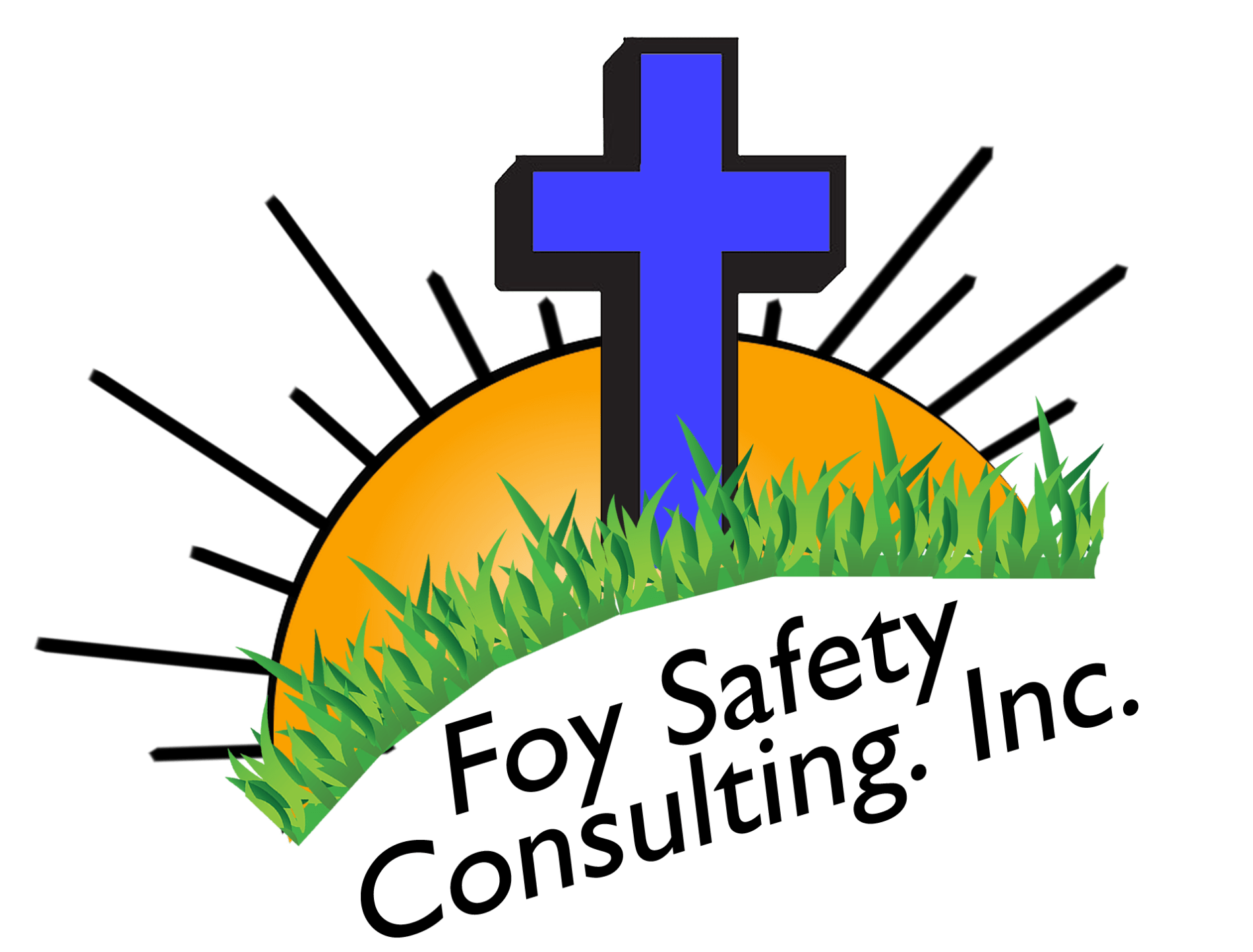By David Michaels
June 5 was Michael White‘s third day at a new job loading garbage onto a disposal truck for Republic Services Inc., a big waste management company in Houston. The 31-year-old temporary worker had been assigned to work “the beast” – the hardest and heaviest of the Republic routes, requiring him to load 16 tons of garbage over a sweltering hot 10-hour day. He was not acclimated to working in the heat and never received training from his temp agency or from Republic about the dangers of heat illness.
When his body went into heat stroke, White’s driver did not recognize the signs and did not know to move him into the shade. When the ambulance arrived, his heartbeats were irregular and his oral temperature had reached 107.8 degrees.
He was taken to the hospital, but his employers never contacted the doctors to give them his information or his next-of-kin emergency contacts, and he died alone in a hospital bed four days later.
Over the last year, the U.S. Department of Labor’s Occupational Safety and Health Administration has received far too many reports of workers killed in their first few days at work. Most of these have been temporary workers. We have known for a century that new workers are at increased risk for occupational injury and fatality, and that higher risk is due to a lack of safety training and experience at that work site.
Just a few decades ago, temporary work was relatively rare and concentrated in white-collar professions. But in recent years their numbers have grown dramatically, and temporary workers are now commonplace in virtually every type of workplace. According to the American Staffing Association, there are almost 3 million temporary workers in the nation’s workforce today – many doing highly hazardous construction and manufacturing work.
Securing temporary workers often lowers costs and increases flexibility by enabling host employers to increase their workforce without making a long-term hiring commitment.
As our economy picks up steam, these numbers are rising again, and more employers are filling jobs with temporary workers. As their numbers grow, I fear that too many more will be injured or killed.
Many employers decide to forgo important safety training for their temporary employees that would normally be given to permanent employees. They bring in “temps” for a few days, weeks or even months, and the employer’s commitment to these workers’ safety mirrors that “temp” status.
Employers hire temps to save money. Safety training is a cost of doing business, so some employers just skip it or assume that the staffing agency has conducted the training – gambling not only with their own bottom lines but with the lives of these men and women who want nothing but to do an honest day’s work and to come home safely to their families at the end of the day.
So as the number of temporary workers rises, is it inevitable that injuries and fatalities will rise as well? I refuse to accept that assumption. We know why these workers are getting hurt and we know how to stop it. The Occupational Safety and Health Act is clear.
Staffing agencies and their client employers who host temporary workers share the legal obligation to provide workplaces free of recognized hazards. This includes providing required safety training in a language and vocabulary workers can understand. Cutting corners on safety can result in both tragedy and stiff federal penalties.
Following its investigation into Michael White’s death, the Occupational Safety and Health Administration fined not only Republic Services but also its temporary labor provider, Recana Solutions.
No penalty will bring White back to his mother, his brother or his 9-year-old daughter. But perhaps that penalty will cause other employers to think twice before they try to dodge safety laws.
The Occupational Safety and Health Administration has embarked on a national initiative to protect temporary workers in order to halt this rising toll of fatal injuries. Agency inspectors will determine, in every inspection, if every temporary worker on the site has received the safety training and protections required by law for the job. If they haven’t, we will hold their employers accountable.
We also are reaching out to labor staffing agencies, explaining how these firms must insist that their employees are not put at risk of injury or death while working. And finally, we are making sure that every worker in the country understands that they have the right to safe workplaces, and all workers, including temporary workers, have the right to contact the Occupational Safety and Health Administration if they face workplace hazards.
We’re not going to wait for another worker to be killed. No worker’s first week on the job should be the last week of his life.
Read more here: http://www.chron.com/opinion/outlook/article/Michaels-Safety-training-is-key-to-health-of-all-4926510.php

